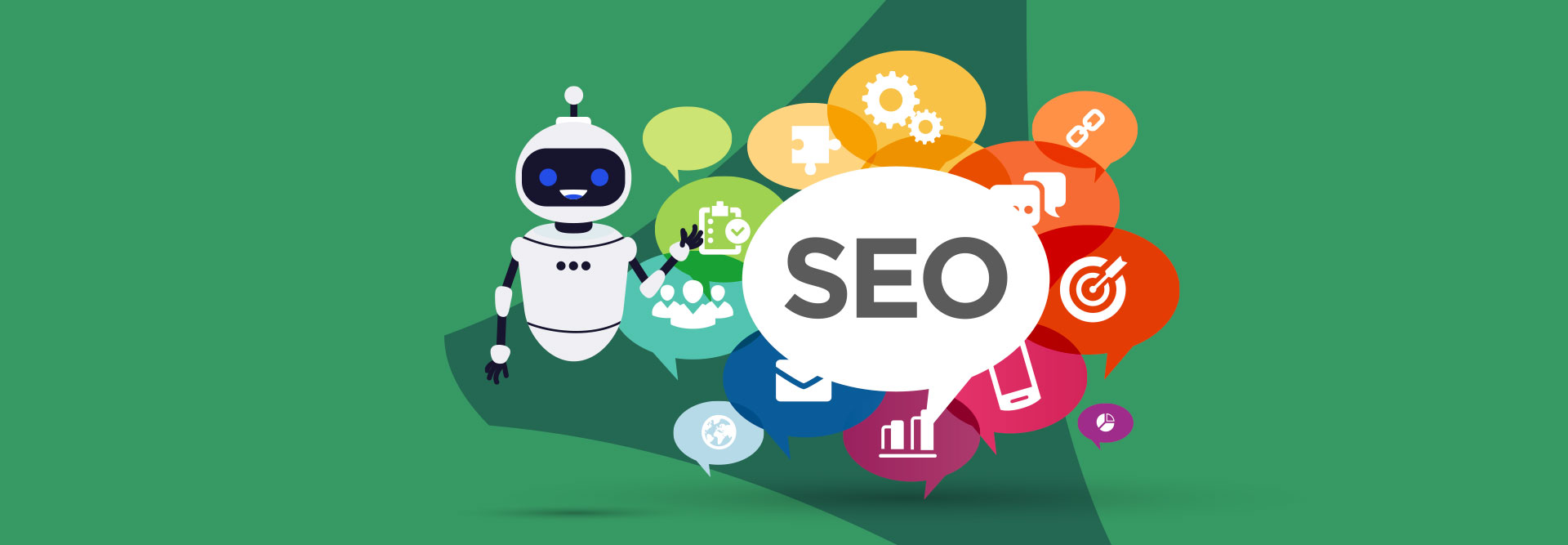
In the ever-evolving landscape of digital marketing, the quest for effective ad optimization tools is paramount for agencies striving to maintain a competitive edge. With the advent of artificial intelligence (AI), these tools are becoming more sophisticated, enabling marketers to harness data in unprecedented ways. Agencies offering cutting-edge digital ad optimization tools are at the forefront of this technological revolution, blending innovative methodologies with actionable insights to drive campaign success.
Firstly, understanding the types of digital ad optimization tools available is crucial for agencies aiming to enhance their marketing strategies. Tools can predominantly be categorized into two types: manual optimization tools and automated optimization platforms. Manual tools often require marketers to analyze data manually, adjusting their ad placements, copy, and targeting over time. Although these tools offer a degree of control, they can be cumbersome and time-consuming. In contrast, automated platforms employ algorithms and machine learning to optimize campaigns in real-time, minimizing human intervention while maximizing efficiency.
Noteworthy examples of automated optimization tools include platforms like Google Ads and Facebook Ads Manager. These services utilize AI-driven insights to recommend strategic changes in ad spend, audience targeting, and bidding strategies. The beauty of these platforms lies in their ability to learn from past performance, adapting to fluctuations in consumer behavior and market trends. However, the learning curve can be steep; marketers must be well-versed in interpreting the complex metrics provided by these platforms to fully exploit their capabilities.
Moreover, several specialized agencies are emerging that focus on integrating cutting-edge AI techniques into their optimization processes. These agencies, such as those leveraging natural language processing (NLP) and predictive analytics, enable brands to engage more meaningfully with consumers. NLP can enhance ad copy generation, making it more resonate and tailored to specific audience segments, while predictive analytics helps forecast future trends based on historical data, guiding ad campaigns with foresight rather than hindsight.
Furthermore, the importance of audience segmentation cannot be overstated. Agencies utilizing advanced digital ad optimization tools often employ granular audience segmentation, allowing them to target specific demographics or psychographics with precision. For instance, tools like Segment and Optimizely utilize customer data to create personalized advertising experiences. This level of customization fosters greater engagement and conversion rates, demonstrating that one size does not fit all in digital marketing strategies.
In addition to personalized engagement, agencies are increasingly emphasizing cross-channel optimization. With consumers interacting with brands across various platforms—from social media to email to display advertising—it is essential for agencies to ensure consistency and cohesiveness in branding and messaging. Tools such as HubSpot and AdRoll facilitate omnichannel marketing strategies by synchronizing messages across multiple platforms, ultimately enhancing customer experience and brand loyalty.
As digital landscapes become increasingly saturated, the role of real-time data analytics also gains significance. Agencies offering cutting-edge tools often equip marketers with dashboards that provide real-time insights into campaign efficacy. These dashboards analyze user interactions, click-through rates, and conversion metrics, allowing for strategic pivots when necessary. The capability to make swift decisions based on real-time analytics is a hallmark of successful ad campaigns in today’s fast-paced market.
In the pursuit of effective digital ad optimization, partnerships with technology providers can also prove invaluable. Agencies that collaborate with AI companies to incorporate machine learning into their operations can unlock new dimensions of optimization. These partnerships often result in bespoke solutions tailored to unique business challenges, elevating the agency’s ability to craft targeted campaigns that connect with consumers on a deeper level.
Moreover, the ethical implications of AI in marketing cannot be overlooked. Agencies must navigate the fine line between personalization and privacy, ensuring that consumer data is handled responsibly and transparently. Contemporary consumers are increasingly concerned about how their data is utilized; thus, agencies equipped with sophisticated tools that offer data protection and compliance features are more likely to gain consumer trust, which in turn fosters brand loyalty.
Lastly, continuous education and professional development are vital for agency staff. As technology advances, marketers must enhance their skillsets to leverage the full potential of digital ad optimization tools. Workshops, webinars, and certifications focused on AI and digital marketing strategies can empower agency personnel, equipping them with the knowledge required to implement cutting-edge solutions effectively.
In conclusion, the landscape of digital ad optimization is being reshaped by the integration of AI and data-driven insights. Agencies that prioritize the adoption of sophisticated tools, emphasize audience segmentation, develop cross-channel strategies, leverage real-time analytics, and maintain ethical standards will thrive in this competitive environment. As marketing meets AI, the opportunities for driving successful digital campaigns become boundless, setting a new standard in the way brands connect with their audiences.
